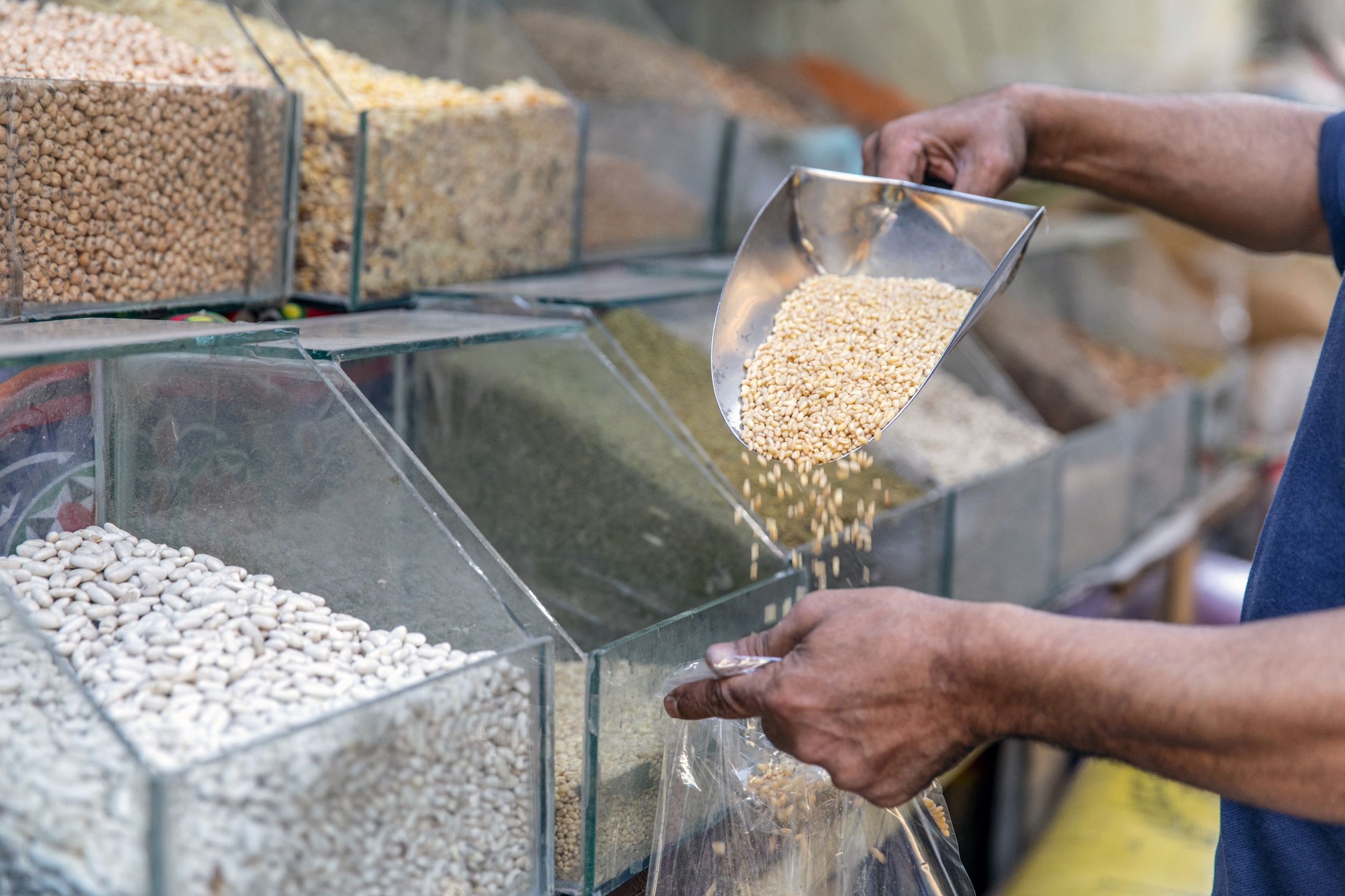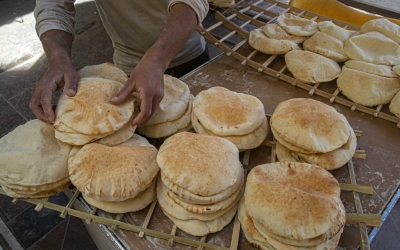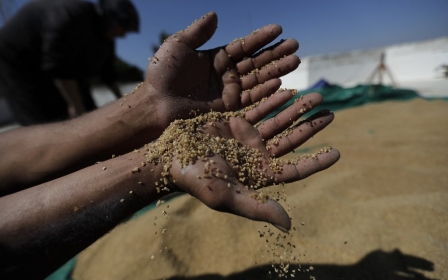Egypt: Currency drops by 11 percent as Ukraine war shakes markets

Egypt's pound dropped by 11 percent on Monday morning as foreign investors pulled billions of US dollars from its treasury markets following Russia's invasion of Ukraine.
The pound dropped to 17.72-17.82 against the dollar, Refinitiv data showed, after having traded at around 15.7 pounds to the dollar since November 2020.
New MEE newsletter: Jerusalem Dispatch
Sign up to get the latest insights and analysis on Israel-Palestine, alongside Turkey Unpacked and other MEE newsletters
The country has been in conversation with the International Monetary Fund about possible assistance, people close to the negotiations have said, but it has not announced any formal request.
Analysts at investment bank JP Morgan said two weeks ago that the pound was 15 percent over-valued and a devaluation was likely to be required, according to Reuters. Egypt may need further IMF help if financial market pressures intensified, they added.
Shortages of dollars have led to blockages at Egyptian ports after importers could not obtain the foreign currency they needed for letters of credit to get their goods cleared.
Meanwhile, Prime Minister Moustafa Madbouly set the price of unsubsidised bread at 11.5 Egyptian pounds ($0.66) per kilogram on Monday morning, according to a statement from his office.
President Abdel Fattah el-Sisi last week asked the government to set a price for unsubsidised bread following recent bread price increases.
Russia's invasion of Ukraine - and the ensuing sanctions and hit on global markets - has slashed wheat supply and doubled Egypt’s bread prices.
The ongoing conflict left Cairo facing higher costs for its substantial wheat import needs and a loss in tourism revenue from Russian and Ukrainian visitors to Red Sea resorts.
Moscow and Kyiv produce around a quarter of the world's wheat - with the MENA region being particularly dependent on wheat imports from Black Sea ports, which have halted shipping since the war began on 24 February.
Egypt spends billions of pounds annually on a vast bread subsidy scheme for tens of millions living on rations.
To wean itself off Russian and Ukrainian wheat, the government is looking to boost domestic production.
The country is hoping that its plan to rely on its own wheat reserves and local production will be enough to cover domestic consumption of the vital grain until 2023.
Middle East Eye delivers independent and unrivalled coverage and analysis of the Middle East, North Africa and beyond. To learn more about republishing this content and the associated fees, please fill out this form. More about MEE can be found here.






